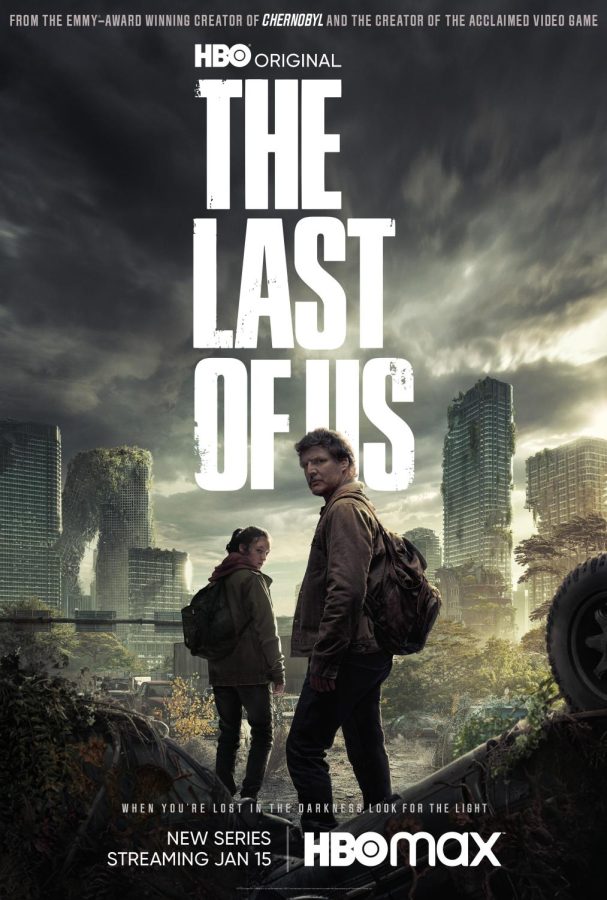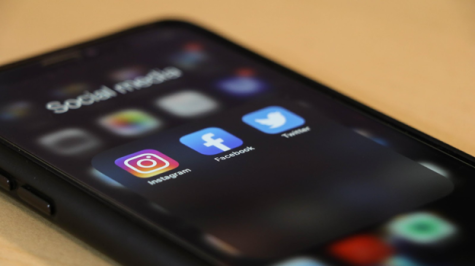Why The Last of Us Is Great Television and an Even Greater Adaptation
A Review with Minor Spoilers
One of the most compelling ways to experience what a post-apocalyptic world would be like is through a video game. Unlike the static nature of watching a film, you’re placed directly in control of a person facing those dire circumstances. It would be up to you to ensure survival. If you’re unsuccessful, you’ll find yourself face to face with a “Game Over” screen and the end of the story.
The Last of Us is, mechanically, one of my favorite video games in the post-apocalyptic genre. From stealth to combat, it’s a unique blend of action-adventure that is captivating in creating a realistic representation of what it’d be like to survive a deadly fungal infection that turns people into fungal monsters.
On top of its atmospheric success, the video game has a solid plot and great characters that secured it as one of my favorite video games. When it was announced that HBO was working on a TV show adaptation, I wasn’t initially as skeptical as I have been with most video game to TV or film adaptations, solely because of the HBO name. As difficult as it is to adapt to a medium reliant on direct audience interaction, I had faith in the company known for prestige television.
After the series premiere, I was relatively confident that my trust was rewarded.
Pedro Pascal, known for his role in The Mandalorian and Narcos, is a stellar actor. He accurately portrays the main character, Joel, in the game while showing a more human aspect that wasn’t present in the source material. In the original game, the player controls Joel, and we focus on his actions rather than the emotions he might have. The television series showcases a side of Joel the game doesn’t directly see, which was a great choice from the writers. In the first episode, Nico Parker’s amazing performance as Joel’s daughter, Sarah, still moved me even though I knew exactly what would happen. Several other guest performances had the same effect. Bella Ramsey, who plays Ellie, the game’s second protagonist, portrays her character perfectly, and her performances in the later episodes are phenomenal.
Outside of praise from game fans such as myself, the show’s critical reception is solid. The series premiere was watched by 4.7 million viewers on the first day, and by the finale, that number had almost doubled, with 8.2 million viewers on the first night. By February, it was the second-most streamed series. The show also holds a 96% approval rating from Rotten Tomatoes, an average rating of 8.75/10, and an audience rating of 89%.
If you haven’t watched the show yet, WARNING, this review will get into spoiler territory soon. If you want to see what all the acclaim is about, HBO has released the first episode to watch for free on their official website.
Moving onto the soundtrack of the show, it has kept the exact nature of the original game’s soundtrack, which provides the right sense of melancholy and anticipation for every scene. Gustavo Santaolalla, the music composer for the game, is also the composer for the show.
And what the show decides to change works.
For example, the story of Bill and Frank is completely rewritten in the show. In the game, Bill and Frank were ex-partners who ended their relationship on bitter, hostile terms. The player sees Bill as a lonely, disgruntled man left by Frank after Frank criticizes Bill for being too scared of the infected and insisting on seclusion from the world. The player later learns that Frank, in his attempt to escape Bill’s life, dies after being infected. The game’s version of Bill is a warning to what Joel might become—an unloved and unloving man, isolating himself from what might hurt him.
Meanwhile, in the third episode, we see that Bill and Frank’s love story spans decades and ends happily for the circumstances of their world. Bill learns to appreciate the world because of his love for Frank. Instead of acting as an omen for Joel’s future if he decides to continue his path of emotional isolation, Bill is an example of one of the main themes of The Last of Us—that love motivates someone, almost without bounds, and despite all circumstances, to do anything.
Similarly, details of Henry and Sam’s story are also changed to fit this narrative. By the end of the first season, we see all these changes that the show makes from the game accumulate into foreshadowing for the ending, where we see Joel commit his worst-seen crime, ultimately committed out of his desire to protect Ellie. This ending is depicted almost picturesquely from the game. However, in doing so, it’s much more jarring in the show than in the game. In the video game, the player has committed countless acts of violence as Joel to fend off infected, which are less present in the show. While the ending is still shocking, the means of getting to it aren’t as surprising to the player. In the show, Joel’s bloody and brutal rampage contrasts what we’ve seen him do before. The viewer sees his homicidal act precisely as how it should be viewed—unnervingly horrifying.
HBO’s The Last of Us is an excellent adaption of the video game, but it’s also a great exploration of human nature. It shows how humans operate based on motivation and that our deep affection for those we care about will drive us to endure a lot, even during the worst circumstances. More importantly, The Last of Us also highlights a horror outside of killer fungal infections: even though love brings the best out of people, it is equally capable of causing significant harm. Joel dooms the entirety of humanity for one person, but he does so without further thought, simply because of a warped manifestation of a parent’s love.











